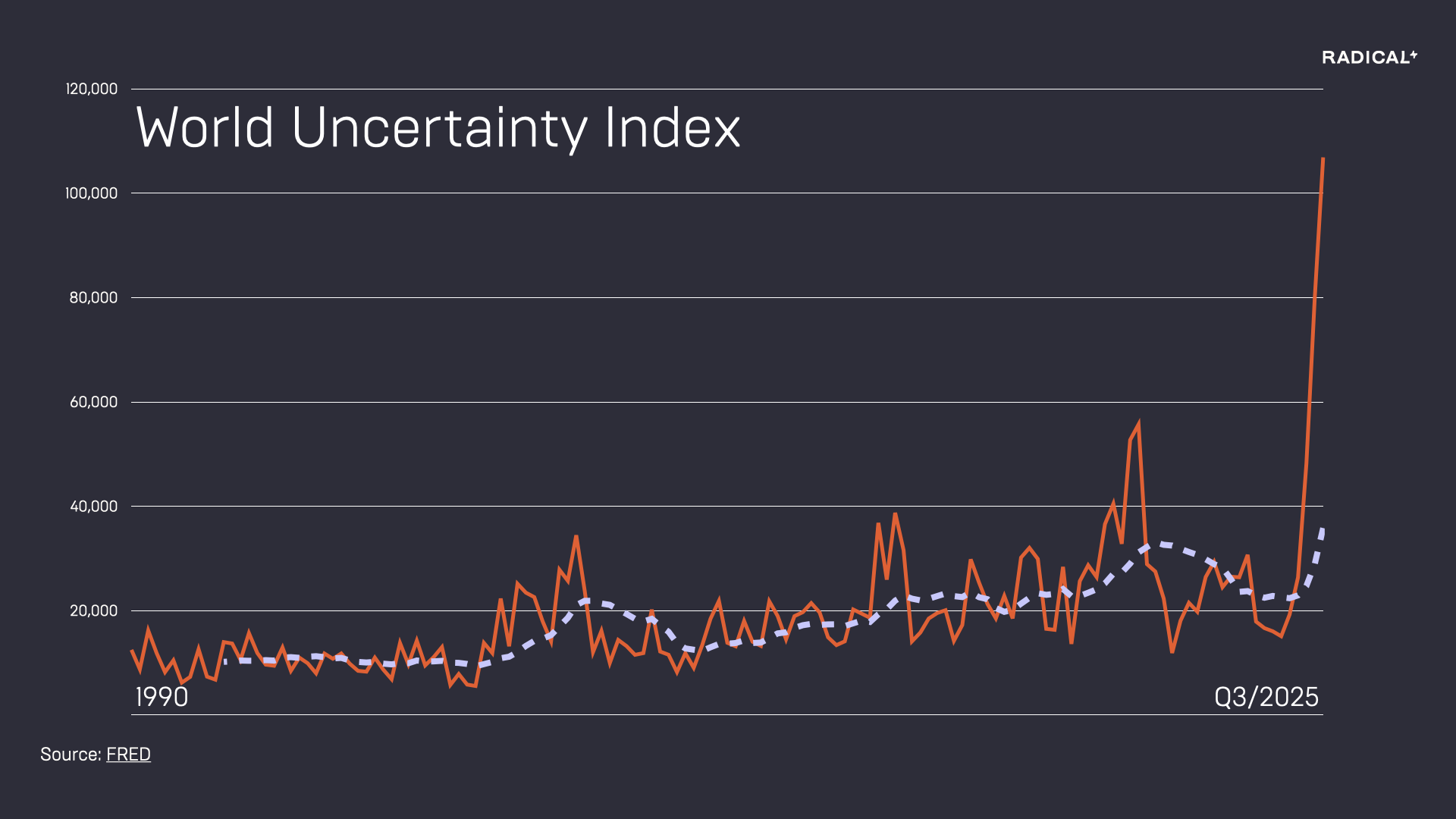AI Image Generators Default to the Same 12 Photo Styles, Study Finds
We know that LLMs gravitate toward the mean, which is why AI-generated slop sounds so “same,” is littered with en-dashes ( “ – ” ), and regularly generates stylistic elements such as “And here is the kicker […].” Here is an interesting example of what this looks like when you use LLMs to generate images – it turns out you can have any image, as long as you are happy with one of twelve distinct styles. As Henry Ford quipped: You can have a Model T in any color – as long as that color is black.
AI image generation models have massive sets of visual data to pull from in order to create unique outputs. And yet, researchers find that when models are pushed to produce images based on a series of slowly shifting prompts, it’ll default to just a handful of visual motifs, resulting in an ultimately generic style.
↗ Link
